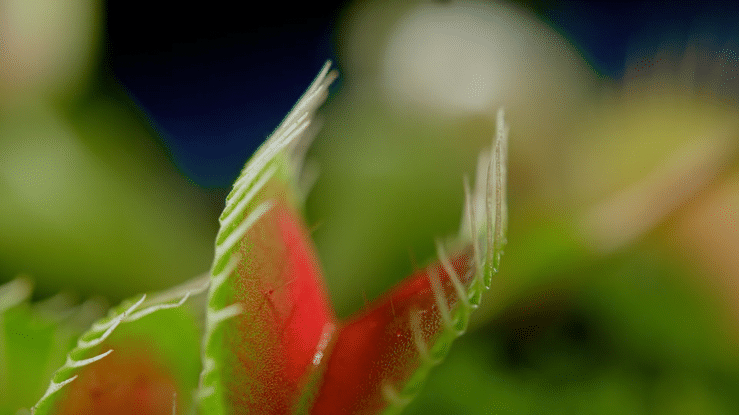
Aug 02, 2023 Exploring and Debating Sentience – of Fish and Plants
In March 2014, the Humane Society Institute for Science and Policy organized a conference in Washington on animal sentience. Following the meeting, several participants asked whether any follow-up was planned. Their queries prompted the establishment of a new, open-peer-commentary journal, Animal Sentience, with cognitive scientist Dr. Stevan Harnad, founding editor of Behavioral and Brain Sciences, as its Editor-in-Chief. The first target article in the journal, by Australian biologist Dr. Brian Key, challenged claims that fish are sentient. This target article and the commentaries by other academics have been downloaded more than 70,000 times to date.
The Key article and subsequent “open peer” commentaries are an excellent example of the critical academic role that an “Open Peer Commentary” journal can and does play in advancing human understanding of the world around us. The article, the commentaries, and the very high number of downloads also demonstrate the intense interest in fish sentience. An “open-peer” commentary journal allows readers to explore the range of evidence and disputed ideas quickly and then judge the strength of each side’s arguments. Such journals are essential for topics with substantial disagreements – such as, for example, on the evolutionary extent of sentience or “the other minds” problem.
Animal Sentience recently published (March 15, 2023, in Volume 8) another target article that challenges conventional wisdom. The article (by authors Miguel Secundo-Ortin and Paco Calvo at the University of Murcia in Spain) makes the controversial claim that plants are sentient. It has already been downloaded over 1,500 times and has, to date, prompted 29 published responses from other academics. One response is an essential commentary from Editor-in-Chief Dr. Stevan Harnad that addresses (and defines) various relevant terms in debates over sentience and cognition and speculates on potential terminological overlap and confusion.
Most of the responses to the target article do not agree with the claim that plants are sentient. The response by Mallatt et al. is especially constructive. It clarifies the concepts that require attention and the specific experimental evidence needed to support, with reasonable certainty, the claim that plants are sentient.
With co-author Natalie Lawrence, Calvo has also produced a book on plants’ cognitive capacity, titled Planta Sapiens (2023, WW Norton). Temple Grandin reviewed Planta Sapiens for the New York Times. She concluded that although the book included many intriguing and challenging examples of the sophisticated interactions of plants with their environment and of structures that could function like simple nervous systems, she was unpersuaded that plants had the neural machinery to integrate sensory input or to “make decisions based on multiple inputs and outputs.”
The target article by Secundo-Ortin and Calvo on plant sentience and the associated responses illustrate the importance of defining terminology carefully and the vital role of critically evaluating experimental evidence.


